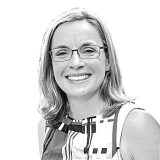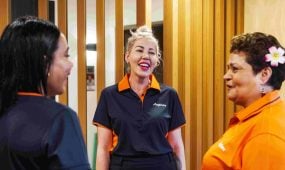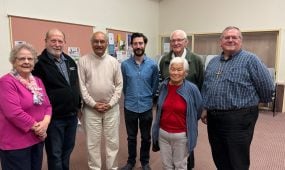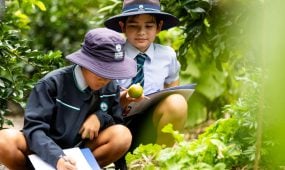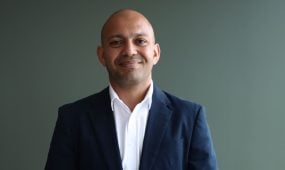ACSQ Sustainability Roadmap launched on Australia’s Overshoot Day
Local
The Diocese’s inaugural Sustainability Roadmap was recently launched on Australia’s Overshoot Day in a Cathedral service, with clear goals to be achieved by 2030
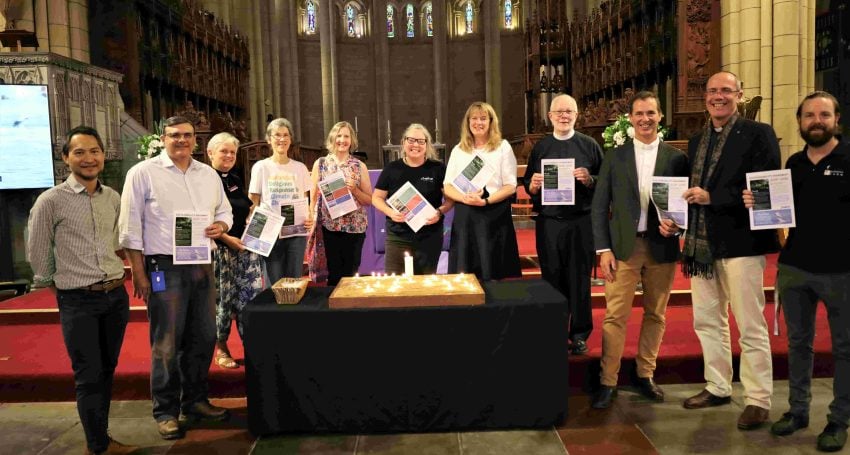
The Diocese’s inaugural Sustainability Roadmap was recently launched on Australia’s Overshoot Day in a Cathedral service, with clear goals to be achieved by 2030.
The new Sustainability Roadmap was produced by the Anglican Church Southern Queensland (ACSQ) Sustainability Committee, with members from across the ACSQ’s commissions.
The ACSQ Justice Unit Coordinator Peter Branjerdporn said that sustainability is important to Christian identity because by loving God’s creation, we love God.
“In Genesis we read that humans are made in God’s image and told to take care of the garden,” Mr Branjerdporn said.
“When Christians advocate for God’s good creation we fulfil a divine responsibility and points to our loving Creator who cares deeply for all people today.”
The roadmap includes the three pillars, innovate, encourage and advocate, with associated goals that our Diocese will meet by 2030.
The “innovate” pillar addresses operation energy, with the ACSQ to source 100 per cent of our electricity from renewable providers and/or sources.
The “encourage” pillar addresses personal responsibility, with Diocesan community members encouraged to transition household operational energy, reduce consumables and celebrate God’s good creation.
The “advocate” pillar involves standing with people most impacted by damage to the climate and advocating for just policies.
The congregation lit candles in prayer during the service and sang hymns, accompanied by St John’s College within the University of Queensland residents.
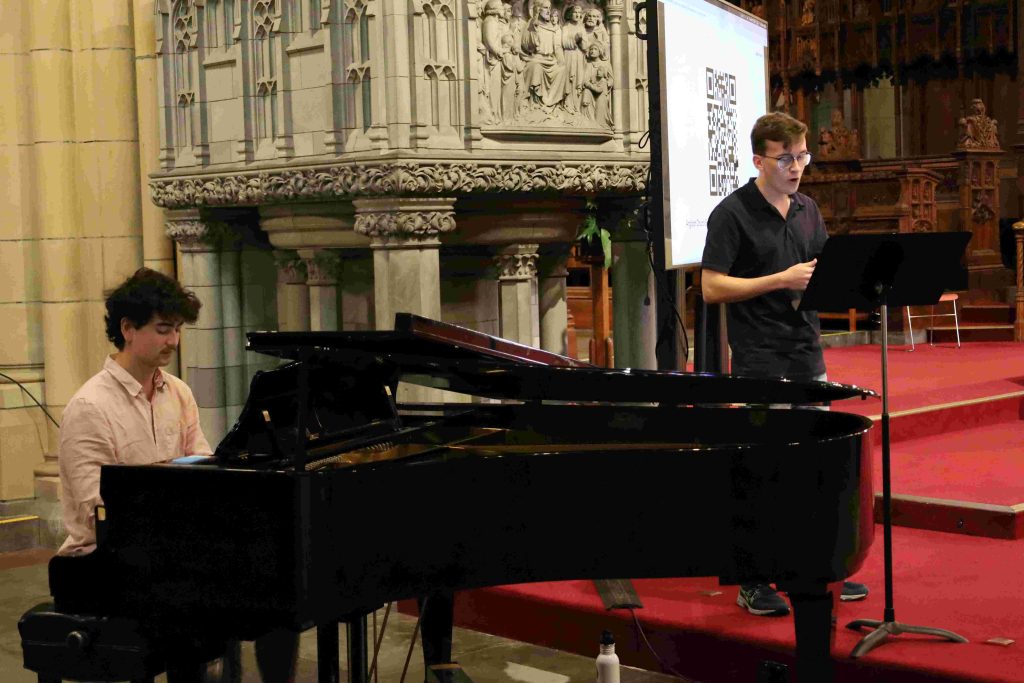
St John’s College within the University of Queensland residents, Oliver and Kairo, led the music at the Sustainability Roadmap launch in the Cathedral in March 2023
Bishop Administrator Cam Venables reflected in his sermon on the 2019-2020 Australia bushfires, how the damaged climate amplified the fires and how our faith can orientate us into the future.
“In a report tabled by the World Wildlife Fund in July 2020, it was suggested that this fire and other fires during this time killed or displaced almost three billion native animals – mammals, reptiles, birds, and frogs,” Bishop Cam said.
“The Word Wildlife fund CEO said that, ‘The findings are shocking. It’s hard to think of another event anywhere in the world in living memory that has killed or displaced that many animals. This ranks as one of the worst wildlife disasters in modern history.’
Advertisement
“I think our faith can speak powerfully…in at least three ways.
“The first draws from the Genesis wisdom that we are to be good stewards of creation – this means taking responsibility to nurture what we have responsibility for in such a way that it can be passed on to future generations…in reasonable shape.
The second is the Gospel understanding that in Christ, resurrection new life is possible even when things are utterly bleak – we have good reason to hope.
“And the third can be drawn from the parable of leaven in the dough (Matthew 13) in which a little can bring about great good.”
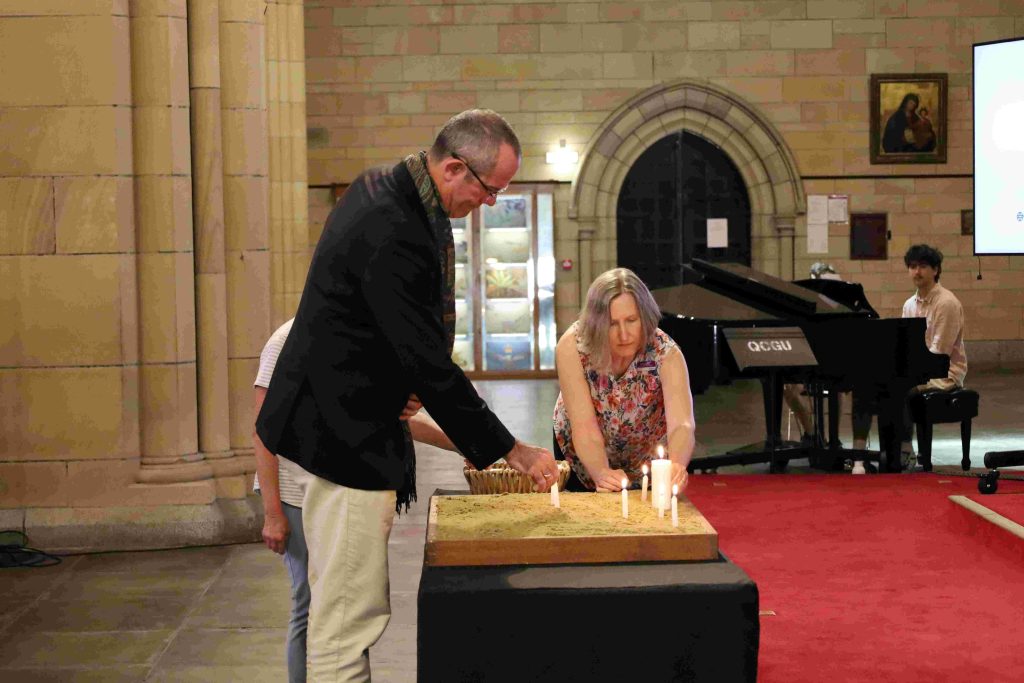
Bishop Cam Venables and Eve James lighting candles at the Sustainability Roadmap launch in the Cathedral in March 2023
The roadmap was launched on 23 March, which marked this year’s Australia Overshoot Day – the date on which Earth Overshoot Day would fall if all people consumed like Australians do.
Sustainability Committee member and Finance and Diocesan Services Commission (FDSC) Executive Director Joanne Stone said that the whole Church needs to work together to effectively steward creation.
“As a Church we understand the role and responsibility we have as stewards of God’s creation, but it is not enough for us to adopt a moral view on environmental issues without offering possible ways forward – we need to be practical stewards,” Ms Stone said.
Advertisement
“We need all parts of our Church to become mindful, to gather information, to learn from each other and to take informed action.
“The FDSC is engaging in what knowledge we have to share with others – very practically, we are seeking out and vetting suppliers of ethical and sustainable goods and energy to share those contacts across the Diocese.”
The Sustainability Committee suggests that each parish, school, agency and ministry create its own Sustainability Action Plan using the Sustainability Roadmap as a guide.
The Cathedral Dean, The Very Rev’d Dr Peter Catt, who presided over the Sustainability Roadmap launch service, said that the Cathedral community is exploring increased use of solar energy.
“The annual visioning day held in February gave rise to a working group who are already exploring how we move towards obtaining more of our power from renewable sources,” the Dean said.
“They are currently exploring options for increasing the amount of solar power we generate.”
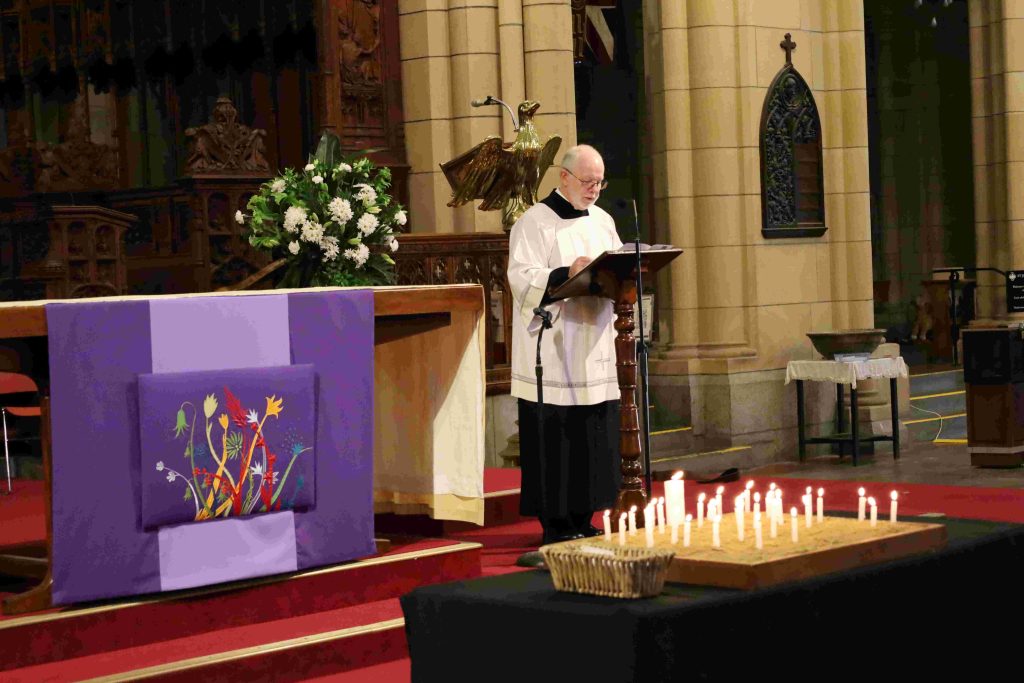
The Very Rev’d Dr Peter Catt, who presided over the Sustainability Roadmap launch service in March 2023, said that the Cathedral community is exploring increased use of solar energy
Each community should consider its own unique situation and needs, and the capabilities of its members to plan and implement positive changes for creation.
The Sustainability Committee suggests getting started with the Sustainability Audit Template, as a customisable guide to capture your current situation, and begin to make a plan.
Mr Branjerdporn said that the Justice Unit, with the guidance of the ACSQ Social Responsibilities Committee, is keen to assist the wider ACSQ community.
“We will promote the ACSQ Sustainability Roadmap 2023-2030 and provide links to resources to help them map out practical actions towards sustainability in their parishes, schools, organisations, homes and local communities,” he said.
“We will also collaborate with the Queensland Churches Environmental Network (QCEN) and the Australian Religious Response to Climate Change (ARRCC) to advocate for 100 per cent clean energy in Australia by 2030 and to limit sea-level rise and protect the homes and livelihoods of our Torres Strait Islander brothers and sisters, and our Pacific neighbours.”
The roadmap is one of our Diocese’s responses to the General Synod’s Protection of the Environment Canon 2007, which says that:
“This Church recognises that climate change is a most serious threat to the lives of the present and future generations. Accordingly, this Canon seeks to reduce the release of greenhouse gases by this Church and its agencies.”
The Protection of the Environment Canon was adopted by the Synod of the Diocese of Brisbane in 2009.
Please email Peter Branjerdporn in the Justice Unity via src@anglicanchurchsq.org.au for more information.
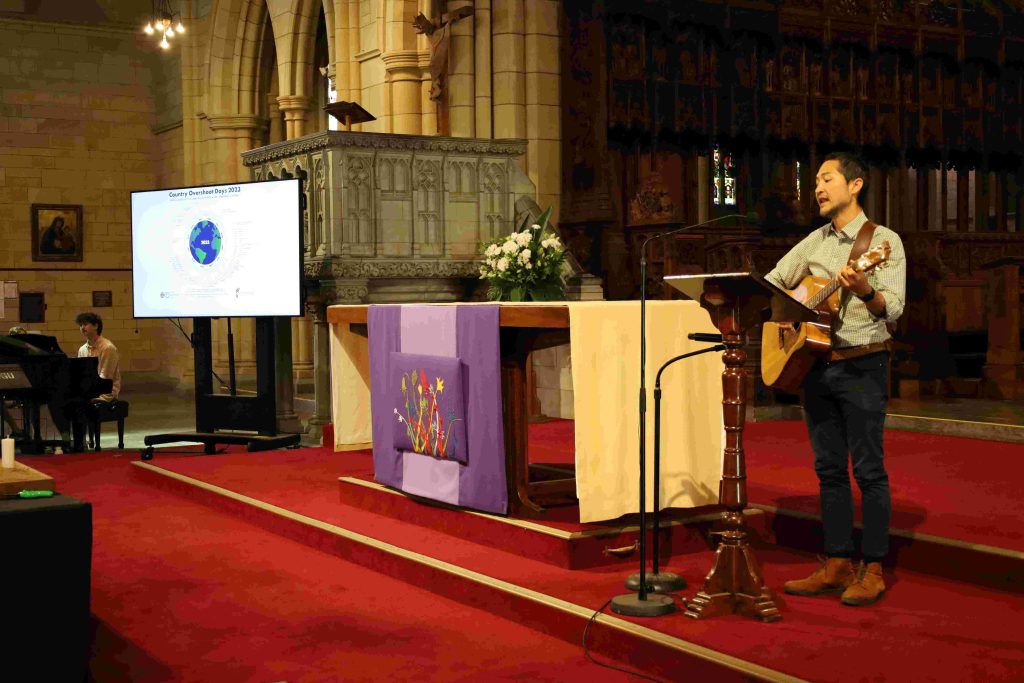
The Sustainability Roadmap launch service in March 2023 was coordinated by Peter Branjerdporn from the ACSQ Justice Unit

